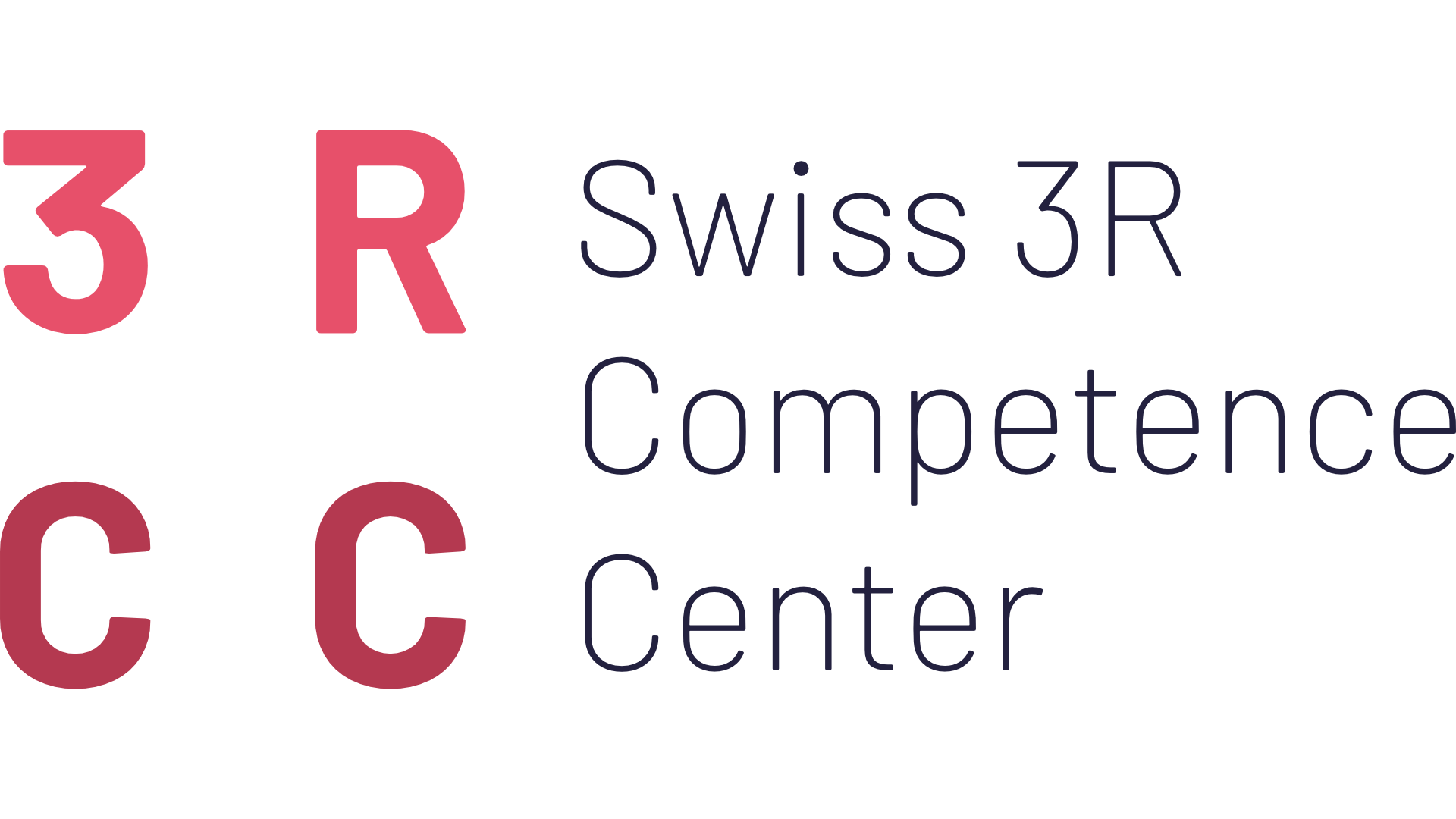BACKGROUND
During general anaesthesia, the brain does not perceive pain, but the spinal cord could still encode and elaborate the stimulus (nociception). Not recognising nociception is detrimental during general anaesthesia and can play a pivotal role in the development of post-operative and chronic pain. We propose the use of an objective method i.e. tracking of the nociceptive withdrawal thresholds as mean to evaluate nociception in animals undergoing general anaesthesia.
Animals monitored with this method are expected to receive a more tailored and effective analgesia during surgical procedures and therefore to have a pain-free recovery and high quality of post-surgical life.
HIGHLIGHTS
Nociception is the unconscious perception of a stimulus applied by trauma or surgery. During general anaesthesia, it is indeed not possible to speak of pain perception, however in both human and veterinary medicine the need to blunt nociception during general anaesthesia is clearly recognised, as a measure to guarantee stable anaesthesia and avoid post-surgical short and long term pain. Despite its relevance, the monitoring of antinociception has remained often confined to assess autonomic variables as heart rate and blood pressure. These are not specific indicators of nociception and are not valuable, whenever the cardiovascular system is altered by pathological conditions, or by cardio-vascular interventions that interfere per se with the parameters, as it frequently happens in our facility. This lack of understanding affects also the possibility to evaluate the effectiveness of the therapeutic measures taken to prevent or treat nociception. A clear welfare issue emerges then in different species, due the short and the long term potential consequences of insufficiently addressed intraoperative nociception. The funding of this project will allow systematic monitoring of nociceptive withdrawal reflex during general anaesthesia, which is a direct measurement of the spinal cord sensitivity and might, therefore, overcome this issue.

